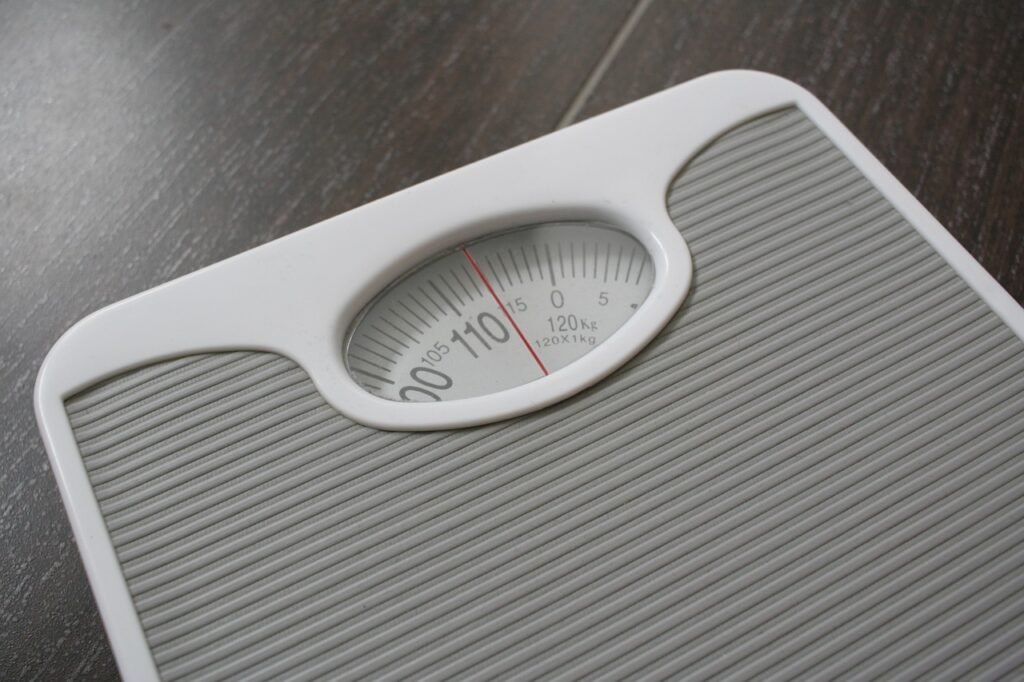Smoking and testosterone have a complicated relationship that many men overlook. While smoking has long been known to harm overall health, its specific effects on testosterone levels are less commonly discussed. Testosterone, the primary male sex hormone, plays a crucial role in muscle mass, energy levels, libido, and overall well-being. For men aiming to maintain their health and fitness, understanding how smoking influences testosterone is vital.
How Smoking Affects Testosterone Levels
Research shows that smoking can negatively impact testosterone levels. The nicotine and chemicals in cigarettes have various effects on the body, including disrupting hormone production. Initially, some studies suggested that smoking might temporarily boost testosterone, but this is misleading. In reality, smoking leads to a cascade of health problems that ultimately lower testosterone over time.
The Role of Nicotine
Nicotine, the primary addictive substance in cigarettes, is a stimulant that temporarily increases adrenaline and heart rate. This spike may lead to a short-term increase in testosterone levels. However, nicotine’s long-term effects are damaging. Chronic exposure to nicotine has been shown to decrease testosterone production by interfering with the body’s endocrine system. Over time, this results in lower testosterone levels, contributing to issues such as decreased muscle mass, lower energy levels, and reduced libido.
Smoking and Erectile Dysfunction
Smoking is a significant risk factor for erectile dysfunction (ED), a condition closely linked to testosterone levels. Healthy testosterone levels are essential for sexual function, but smoking damages blood vessels, reducing blood flow to the penis and leading to ED. Additionally, the toxins in cigarette smoke can harm the testicular cells responsible for producing testosterone, further exacerbating the problem.
Long-Term Consequences of Smoking on Hormones
The long-term consequences of smoking on testosterone and overall hormonal health are severe. Aside from lowering testosterone, smoking can increase cortisol, the stress hormone, which further disrupts the hormonal balance. High cortisol levels are known to suppress testosterone, leading to a cycle of hormonal imbalance that is difficult to reverse.
Impact on Muscle Mass and Fitness
For those committed to fitness, smoking is particularly detrimental. Testosterone is critical for building and maintaining muscle mass. When testosterone levels decline due to smoking, it becomes harder to gain muscle, recover from workouts, and sustain energy levels. This makes achieving fitness goals increasingly challenging for smokers.
Smoking Cessation and Hormonal Recovery
The good news is that quitting smoking can lead to a recovery in testosterone levels. Studies have shown that within weeks to months of quitting, the body begins to repair itself, and testosterone production can improve. The sooner you quit, the better your chances of reversing some of the damage and restoring hormonal health.
Conclusion: Breaking the Cycle for Better Health
Understanding the link between smoking and testosterone is essential for anyone serious about maintaining their health. While smoking might have a brief, misleading effect on testosterone, the long-term consequences are overwhelmingly negative. Lower testosterone levels, reduced muscle mass, and sexual dysfunction are just a few of the many reasons to quit smoking for good.
If you’re a smoker concerned about your testosterone levels and overall health, the best course of action is clear: quit smoking. Not only will your hormone levels thank you, but your entire body will benefit from the improved circulation, lung capacity, and reduced risk of chronic diseases.
Disclaimer: The information provided on this blog is for general informational purposes only and is not intended as medical advice. Always consult with a qualified healthcare professional before making any decisions regarding your health or starting any new treatments. The content here should not be used to diagnose, treat, or prevent any medical condition. Additionally, please note that this blog is reader-supported. If you click on an affiliate link or advertisement and make a purchase, we may receive a commission at no extra cost to you. This helps us maintain the site and continue providing valuable content.




